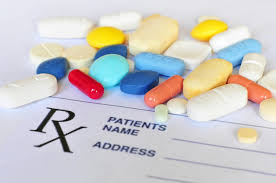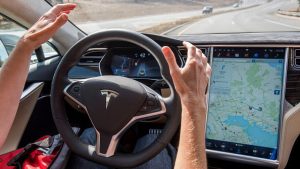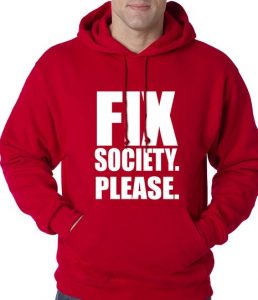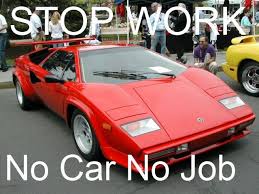3 Great Driving Habits to Adopt in 2018 (Especially If You Just Got a DUI)
As the Ne w Year gets underway, millions of people are trying to keep those resolutions they made over the holidays. Some of the most common resolutions are health related (e.g., get in shape, quit smoking, lose weight, eat healthy). However, let me propose an alternative resolution if you haven’t picked one yet: What about learning better driving habits (especially if police recently stopped you for a Los Angeles DUI)? Becoming a safer driver could be the healthiest choice of all—because it affects not just you, but everyone around you. Here in California where good driving habits seem scarce, why not become the exception to the rule? Let’s take a look at three smart driving habits you should consider adopting this year.
w Year gets underway, millions of people are trying to keep those resolutions they made over the holidays. Some of the most common resolutions are health related (e.g., get in shape, quit smoking, lose weight, eat healthy). However, let me propose an alternative resolution if you haven’t picked one yet: What about learning better driving habits (especially if police recently stopped you for a Los Angeles DUI)? Becoming a safer driver could be the healthiest choice of all—because it affects not just you, but everyone around you. Here in California where good driving habits seem scarce, why not become the exception to the rule? Let’s take a look at three smart driving habits you should consider adopting this year.
1. Know When Not to Drive
Ironically, one of the most important decisions you can make as a driver is the decision to let someone else get behind the wheel. If you’ve ever been arrested for DUI, this issue should be top-of-mind. However, avoiding DUI begins long before you find yourself in a bad situation. It starts with a quality decision not to drive if you indulge in alcohol or drugs, and moves forward from there.
 Los Angeles DUI Attorney Blog
Los Angeles DUI Attorney Blog










